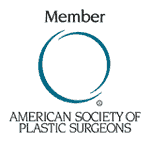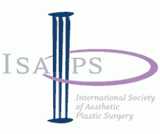Rhinoplasty – Recovery: Advice on minimizing bruising and swelling
 Bruising
and swelling (edema) are an integral part of recovery following rhinoplasty.
They depend on multiple factors related both with the surgical technique and
the patient.
Bruising
and swelling (edema) are an integral part of recovery following rhinoplasty.
They depend on multiple factors related both with the surgical technique and
the patient.
Certain techniques favor bruising and swelling, such as breaking or non breaking of the nasal bones (osteotomy), the extent of soft tissue lifting from the osseous-cartilaginous framework.
 Factors
associated with the patient include age, skin thickness, diet, bleeding
susceptibility and disorders, and blood thinners.
Factors
associated with the patient include age, skin thickness, diet, bleeding
susceptibility and disorders, and blood thinners.
Obviously, there are a lot of variables associated with the development of
bruising and swelling however, following the tips below will help you
minimize the symptoms.
- Avoid blood thinners intake for at least 2 weeks prior to the surgery and do not start them again until your surgeon allows you to do so. Some of these drugs are aspirin, ibuprofen, anti-inflammatory, heparin, lovenox, Coumadin and Plavix.
-
 Avoid
multivitamins/herbs/tea, etc containing too much vitamin E, Ginseng,
Ginko, as they may increase bleeding.
Avoid
multivitamins/herbs/tea, etc containing too much vitamin E, Ginseng,
Ginko, as they may increase bleeding. - If you have a bleeding or bruising tendency, or if you have a history of bleeding disorders, or if you have a family member with bleeding disorders, you should discuss it with your surgeon prior to the surgery.
- Apply ice packs on your cheeks during the first 48 hours.
- Keep your head higher level than your heart. This will help you minimize the edema (swelling).
- Avoid smoking.
- Herbal complements, such as bromelin, papaya extract and Arnica may prove beneficial, yet few studies have demonstrated their efficacy.












